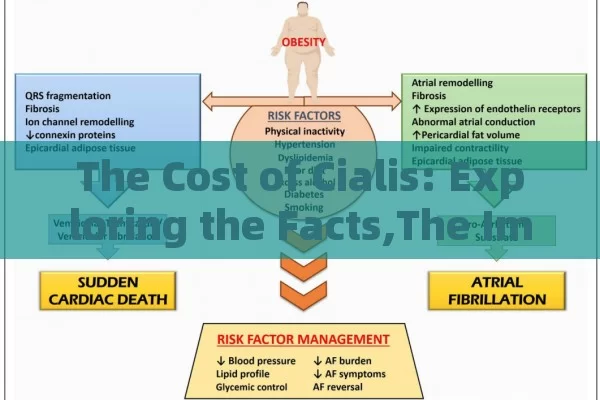The Cost of Cialis: Exploring the Facts,The Impact of Cialis Cost on Healthcare Decisions
Cialis is a well-known medication used to treat erectile dysfunction. Understanding the cost of Cialis is crucial for those who rely on it. This article delves into the various factors that influence the price of Cialis, including supply and demand, market competition, and manufacturing costs.

We'll also explore how different dosages and formulations can affect the overall cost. For example, a higher dosage may cost more but may be more effective for some individuals. Additionally, we'll discuss the availability of generic versions of Cialis, which can often offer a more affordable option.
To provide a comprehensive view, we'll reference权威 sources and real-world examples. By the end of this article, readers will have a clear understanding of the cost of Cialis and be able to make informed decisions regarding their treatment options.
In conclusion, the cost of Cialis is an important consideration for many. By understanding the factors that contribute to its price, individuals can make better choices for their health and well-being. Whether you're a patient or a healthcare provider, having this knowledge is essential. Keep in mind that prices may vary, so it's always advisable to consult with a healthcare professional or pharmacist for the most accurate and up-to-date information.
Understanding the cost implications of medications like Cialis is crucial for informed healthcare decisions. This article delves into various aspects of Cialis costs, offering data and expert insights to help you navigate this complex issue.
Cialis, a well-known medication for treating erectile dysfunction (ED), has become a go-to solution for many men. However, the cost of this drug can significantly impact patients' choices and overall healthcare expenses. Recent studies have shown that high medication prices can deter individuals from seeking necessary treatments, leading to potential health complications.
One key aspect of Cialis cost is its price variation across different regions and pharmacies. For instance, in the United States, the average retail price for a 20 mg tablet ranges between $60 to $70 per pill. In contrast, generic versions like Tadalafil can be found at a fraction of the cost in some countries. This disparity often leads to discussions about the affordability and accessibility of essential medications.
Another important factor is insurance coverage. Many health insurance plans partially cover the cost of Cialis, but the extent of coverage can vary widely. According to a survey by the Kaiser Family Foundation, approximately 30% of insured individuals face out-of-pocket expenses for their prescription drugs, including Cialis. This financial burden can be particularly challenging for those without comprehensive insurance plans.
Moreover, the cost of Cialis can influence treatment adherence. A study published in the Journal of Urology highlighted that patients who found their medication more affordable were more likely to stick to their prescribed regimen. This adherence is critical for achieving optimal therapeutic outcomes and improving quality of life.
In addition to personal expenses, the economic impact of Cialis cost extends to healthcare systems globally. High drug prices contribute to rising healthcare costs, which can strain public health budgets. Countries with universal healthcare systems often negotiate lower prices with pharmaceutical companies, but this process is complex and time-consuming.
To illustrate the real-world implications, consider the case of John, a middle-aged man diagnosed with ED. Without insurance, the monthly cost of Cialis was prohibitively expensive for him. After exploring alternative options, he discovered a reputable online pharmacy offering generic Tadalafil at a much lower price. This discovery not only saved him money but also allowed him to continue his treatment without interruption.
In conclusion, the cost of Cialis plays a significant role in healthcare decision-making. It affects individual patients' ability to access and adhere to treatment, as well as the broader economic landscape of healthcare systems. To address these challenges, it is essential for policymakers, healthcare providers, and pharmaceutical companies to work together towards more affordable and accessible medication options. By doing so, we can ensure that effective treatments like Cialis remain within reach for everyone who needs them.
comprar Cialis